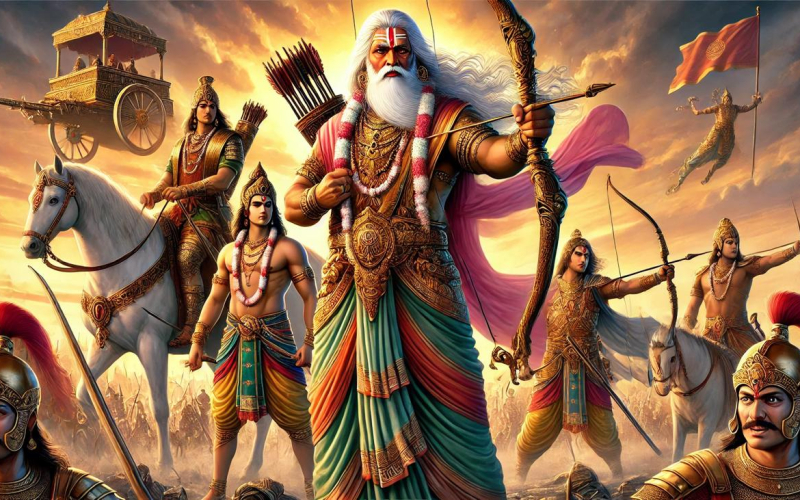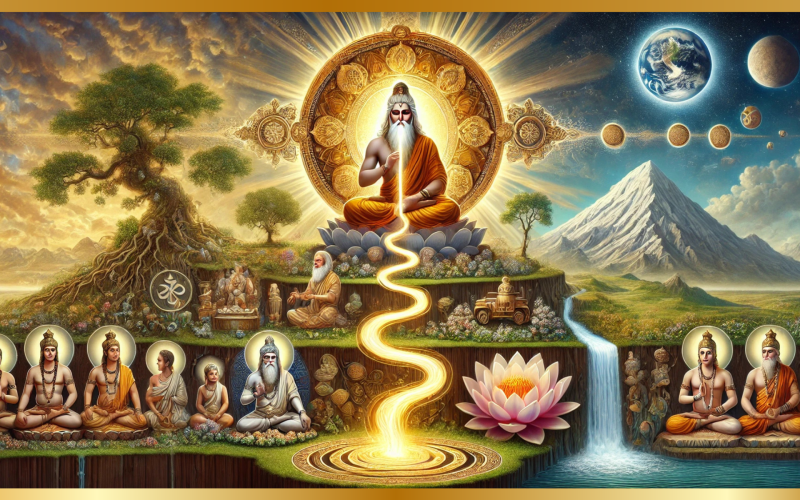BLOGS
"Every blog post is a window to new perspectives."
Exploring the Roots of Ayurveda and Its Relevance in Modern Life
Ayurveda, an ancient system of holistic healing, is often referred to as the "science of life."Rooted in the rich cultural heritage of India, Ayurveda offers a timeless approach to understanding health and wellness. As more people seek natural, sustainable ways to live healthier lives, Ayurveda has experienced a resurgence, becoming a beacon of wisdom in today’s fast-paced world. Through these blogs, we’ll journey through the fascinating history of Ayurveda and explore how embracing its principles through courses and consultations can help you understand your body better, leading to a balanced, harmonious life.

The Origins of Ayurveda: A Timeless Healing Tradition
The origins of Ayurveda trace back over 5,000 years to the Vedic period in India. Derived
from the Sanskrit words "Ayur" (life) and "Veda" (knowledge or science), Ayurveda was developed as a holistic system of medicine, integrating physical, mental, and spiritual health.
The foundational texts of Ayurveda—the Charaka Samhita, Sushruta Samhita, and Ashtanga Hridayam—form the core of Ayurvedic philosophy. These works detail not only medical treatments but also guidelines for lifestyle, diet, and ethics. Ayurveda views the human body as a microcosm of the universe, governed by the three doshas—Vata, Pitta, and Kapha—which represent elemental energies of air, fire, and water, respectively. Maintaining the balance of these doshas is key to achieving optimal health.
In ancient India, Ayurvedic practitioners were not only healers but also philosophers and spiritual guides, emphasizing the connection between mind, body, and environment.
Recent Blogs
Ramayana and Mahabharata
Evidence of Ayurveda's Existence : Before the Ramayana and MahabharataAyurveda predates both the Ramayana and the Mahabharata, with its roots traci ...
Ayurved Avataran
Ayurved Avataran: The descent of Ayurved by Brahma on earth 1. The Creation of Ayurveda ...



